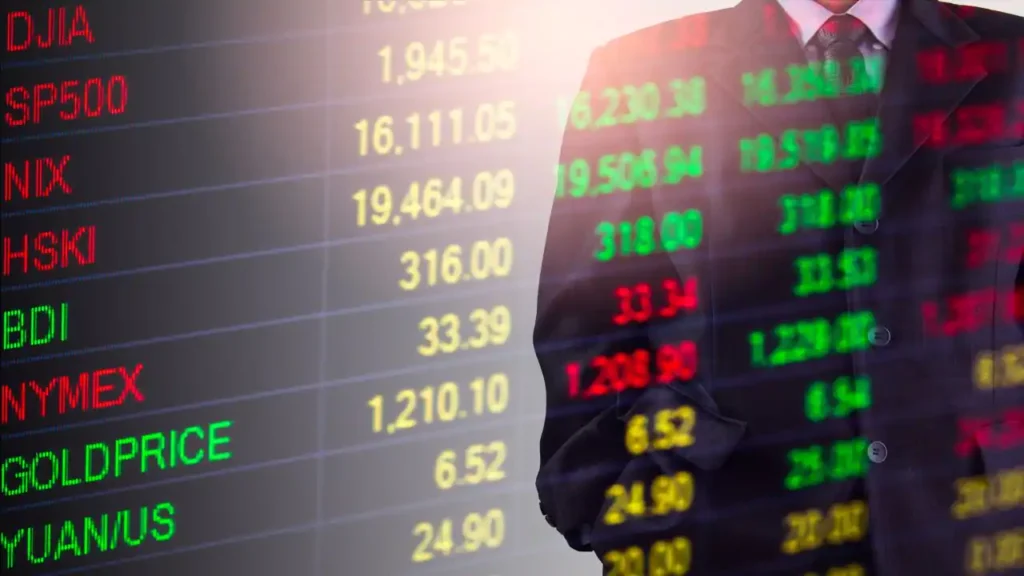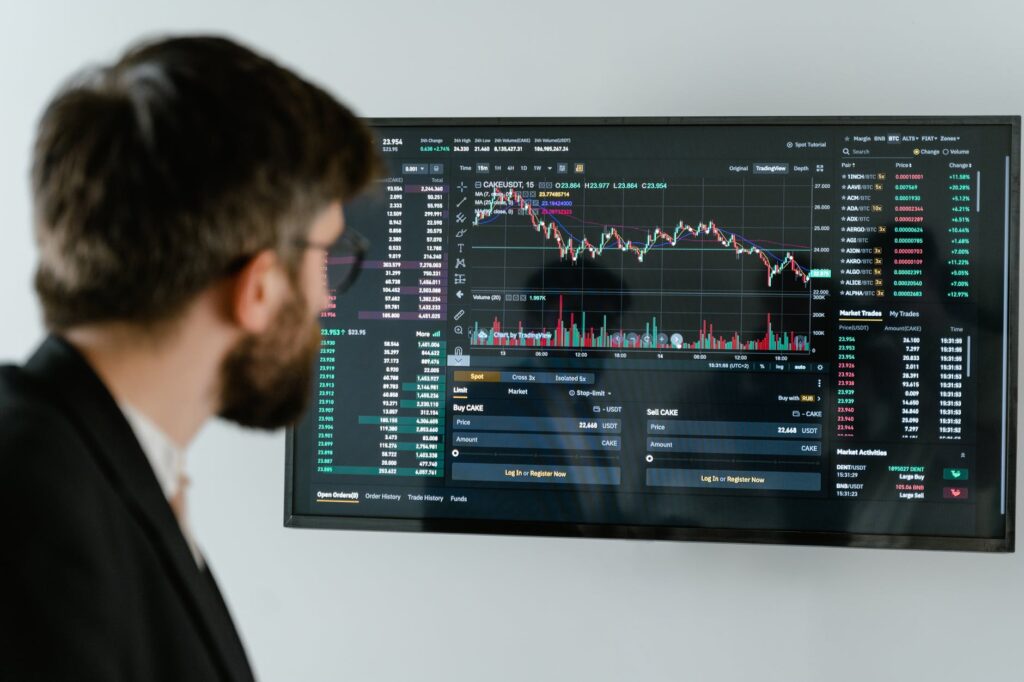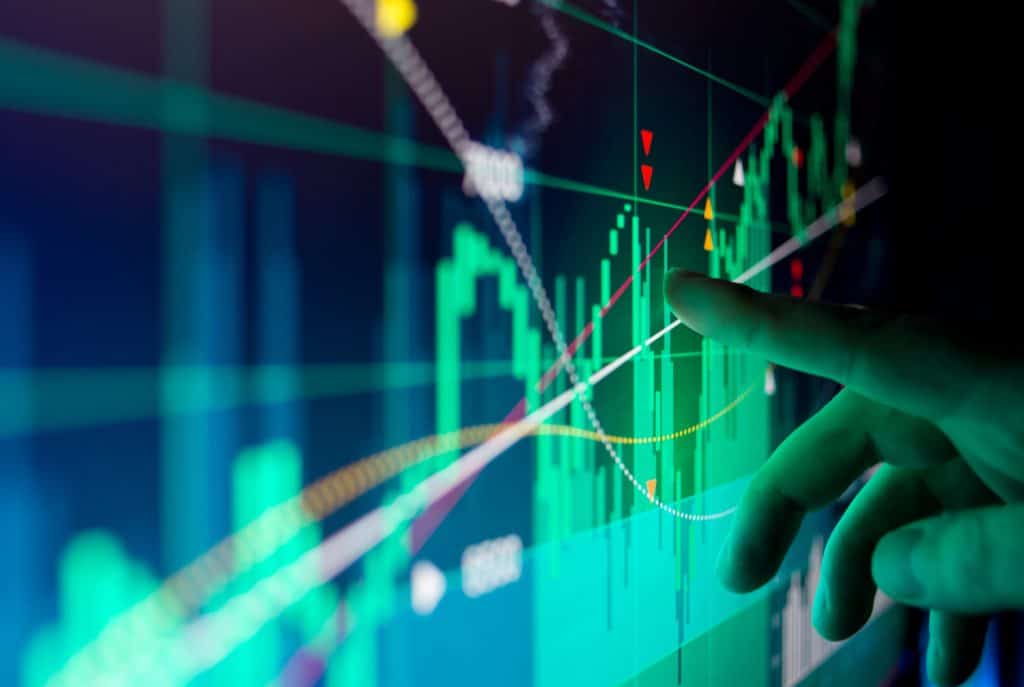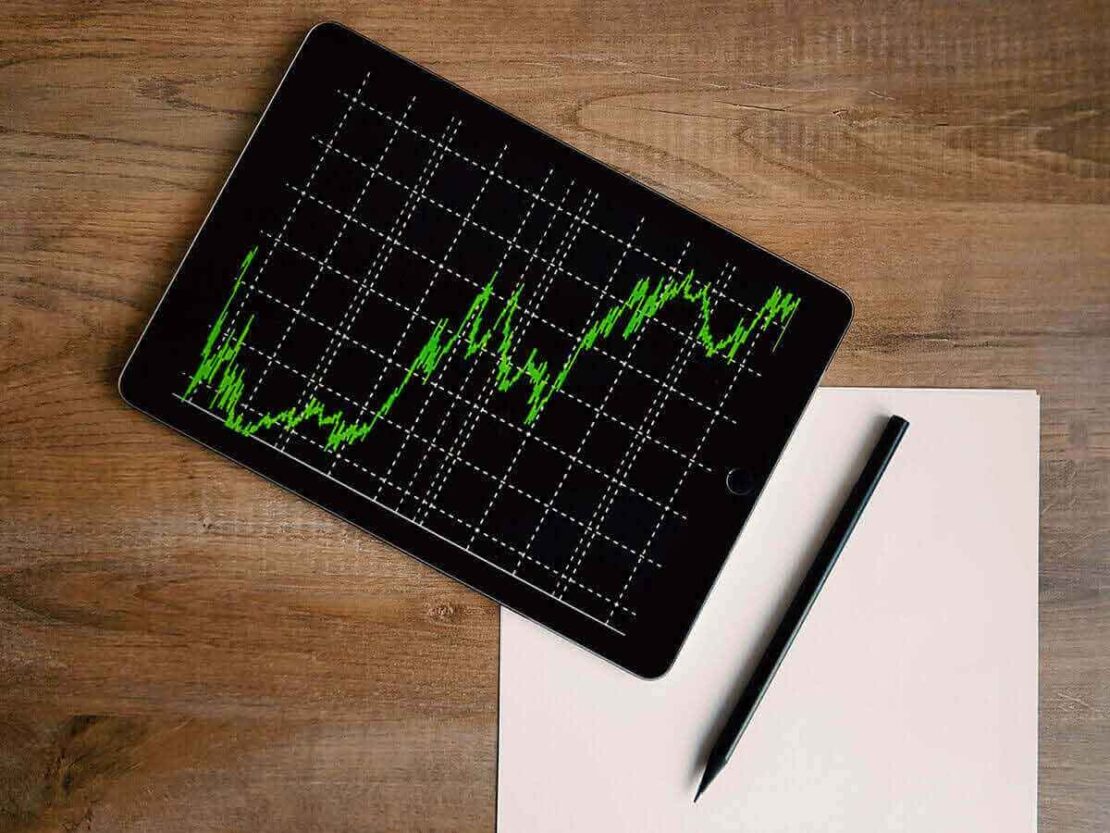CFD trading is becoming more popular by the day. However, unless you’ve traded CFDs before, you’re likely not familiar with them. CFDs can sound technical to most people. In addition, CFD trading hasmade stocks or forex trading accessible to the masses. As a result, CFDs have gained increasing awareness.
What are CFDs?
CFDs are an abbreviation for contract for differences. CFDs are financial derivatives that have become popular with investors and traders recently. That’s because you can use CFDs to profit from various assets changing prices. CFDs enable you to trade on the price changes without owning the underlying asset. You can use CFDs to speculate on the prices of various financial assets, including stocks, forex, cryptocurrency, and more.
Typically, CFDs are a contract between a broker and a trader. When you sign the contract, you agree with the broker to exchange the difference in an asset’s price between a predetermined period. This predetermined period usually entails the time between the contract’s beginning and end.
As a result, CFDs allow you to trade on margin. Traders and investors like CFD trading because they enable them to trade while holding a fraction of the required capital. In addition, traders can benefit from speculating on an asset’s price changes without outrightly owning it.

How Does CFD Trading Work?
As stated above, CFD trading relies heavily on leverage. You’re not buying and selling an asset. Instead, you’re speculating on its value. Typically, when you open a CFD position, you choose the number of contracts to buy or sell. These contracts refer to your trade size. There are two positions that you need to know. They include:
Buy (Long)
Investors and traders will open a long position when they believe an asset’s price will increase. Once the asset’s value increases, so do your profit margins.
Sell (Short)
Investors and traders open a short position when they believe an asset’s price will decline. You can profit by shorting a particular asset class. Consider doing this as an asset’s value falls according to your estimations and predictions.
Things You Need to Know Before Starting CFD Trading
Here are some things you need to know before trading CFDs. They include:
How Leverage Applies
Leverage is common in the CFD trading world. It’s one of the reasons why CFD trading is so popular with traders and investors. Leverage enables you to make more substantial trades with a limited budget. However, while leverage increases your profit potential, it also increases risk. Therefore, you’ll want to be careful when using leverage.
In addition, before you start trading CFDs, you’ll want to understand how leverage applies. Let’s assume you’re interested in trading oil CFDs. We’ll consider the price of oil around $40 for this example.
If you believed that oil prices would appreciate, you would likely want to buy some oil yourself. Typically, an investor or trader would have to purchase oil barrels. If they wanted to purchase ten barrels hypothetically, they would have to pay $400 in full. However, you don’t have to own the underlying asset when trading CFDs. Depending on the leverage your broker offers, you could bet on appreciating oil prices with a fraction of the required capital. For instance, let’s assume your broker offers a 5:1 leverage for CFD trading. You could go long on oil CFDs by paying $80 as initial margin instead of committinga capital amount of $400 as payment for the full face value of ten oil barrels.

Visible Trader Sentiment
Arguably the most interesting point about CFD trading is information accessibility. A lot of online platforms or financial news websites online will let you view trader sentiment. They’ll enable you to see how other traders respond to the market. Most platforms will enable you to check the percentage of traders buying and selling a specific contract. You can use this information to your advantage by getting a comprehensive idea of the direction an asset is trending.
Commonly Traded Assets
The good news about CFD trading is you can speculate on nearly all assets. Whether you want to profit from anticipating price changes of stocks, forex, or cryptocurrencies, you can do so via CFDs. In short, you can use CFDs to speculate on any asset you want. If people are buying and selling a specific asset, the chances are you can trade CFDs on it.
Different Business Models for Trading
Two different types of business models exist for trading CFDs. These include Market Maker Agreement (MMA) and Direct Maker Access (DMA).
The MMA model for CFDs trading provides more power to the broker. They can set prices of assets themselves. Therefore, if you’re using a broker who uses the MMA model, expect to get re-quotes on the asset’s price. In addition, you’ll may also witness significant spreadflunctuations..
On the flip side, a DMA model significantly differs. Following this model, the broker will give you an offer for your asset. Usually, the price is representative of the asset’s actual market price. You’ll also want to note that DMA CFDs enable trading during market pre-opening and pre-closing.
Check the spread
The spread refers to the difference between the buying and selling price. It can significantly influence your profit per trade. Ideally, you’ll want to make sure there’s a narrow spread to maximize your earnings. A narrow spread means the difference between the asset’sbidand asking price is minimal.
Use Stop-Loss Orders
Stop-loss orders are excellent for risk management because they help traders limit losses. You’ll find stop-loss orders are prevalent in CFD trading. Consider placing a stop-loss order with your broker. They’ll automatically track the market. If a CFDs price falls below the point you’ve established, the broker will close your position. Doing so prevents you from accumulating significant losses.

Start Trading CFDs with Crystal Ball Markets
If you’re interested in CFDs trading, you’ll need an online CFD broker or an online CFD trading platform. In such an instance, consider Crystal Ball Markets. Crystal Ball Markets is one of the best brokers for CFD trading. In addition, they also have tools that aid you with CFD market analysis. Their tools and resources aid your CFD online trades. You can use their platform to invest in indices CFD, cryptocurrency CFDs, or do CFD share trading. Visit their website to learn more. Alternatively, register with them today to get started.
About The Author
Gregory Allan is a former investment fund manager. He spent over three decades managing one of the most valuable investment hedge funds globally. Since then, Gregory has retired to enjoy life in San Diego, California. He spends his spare time surfing, kayaking, and frequenting dive bars. Gregory continues to invest for himself. He has developed a passion for CFD trading in the past few years.





